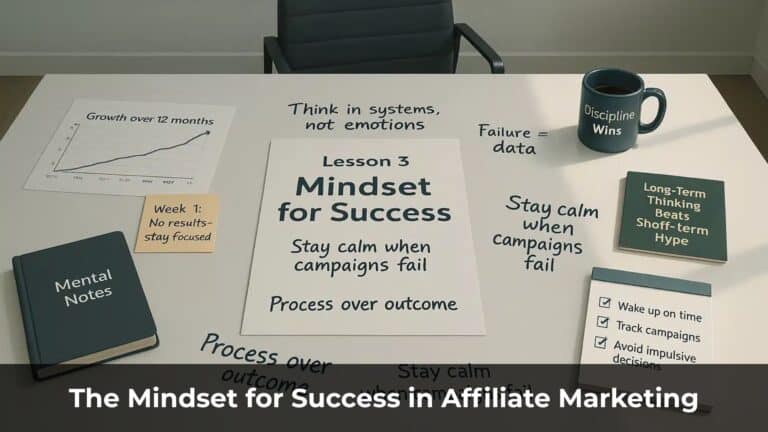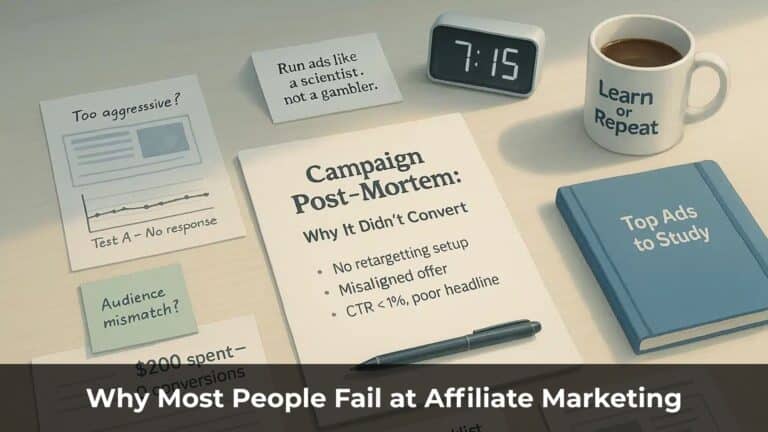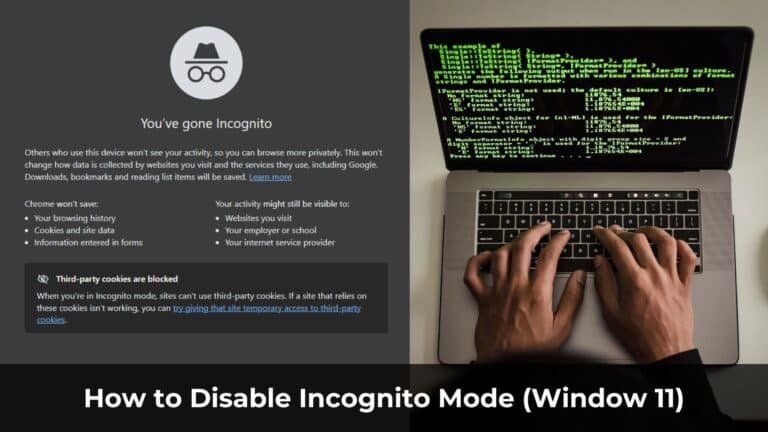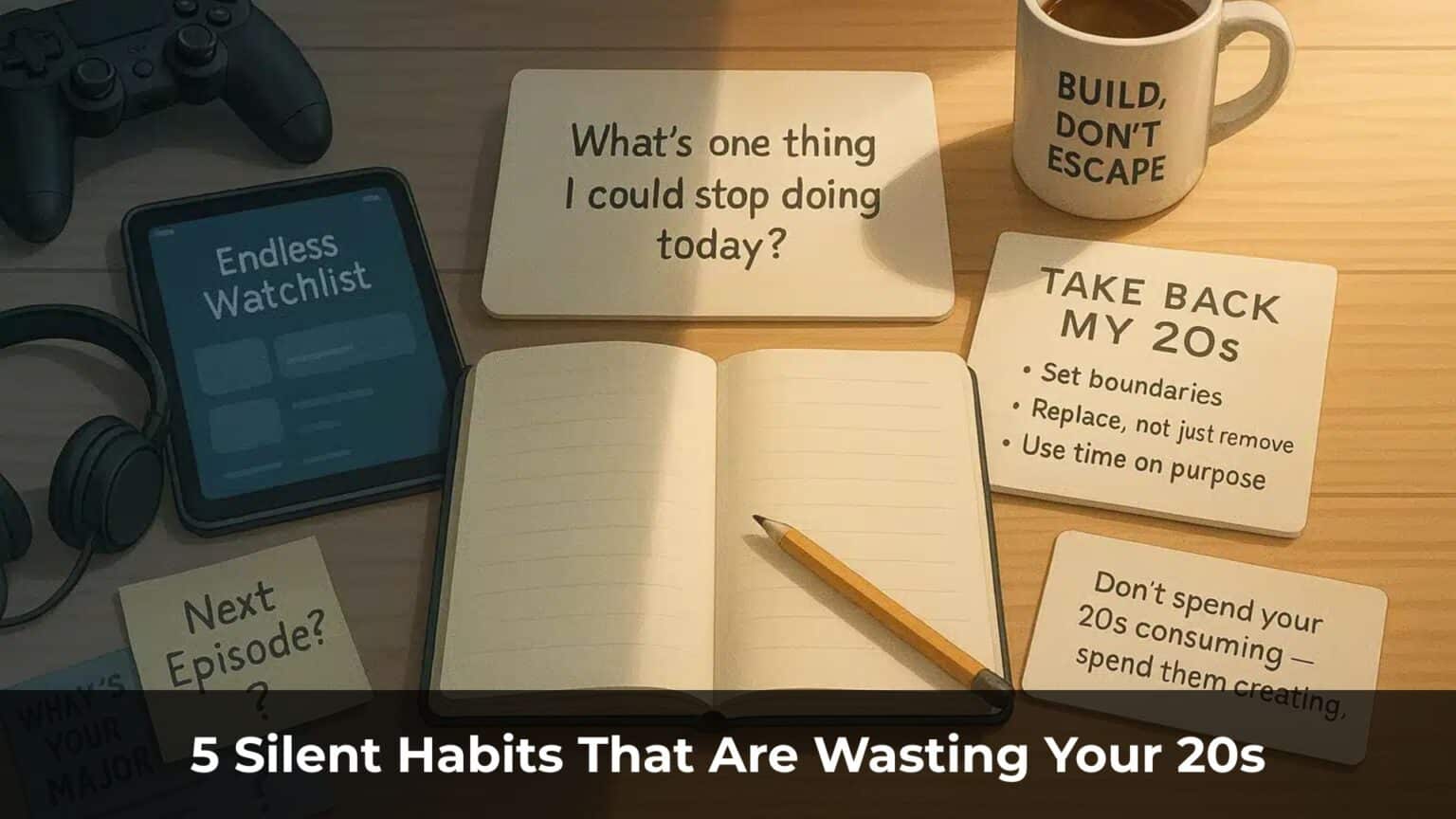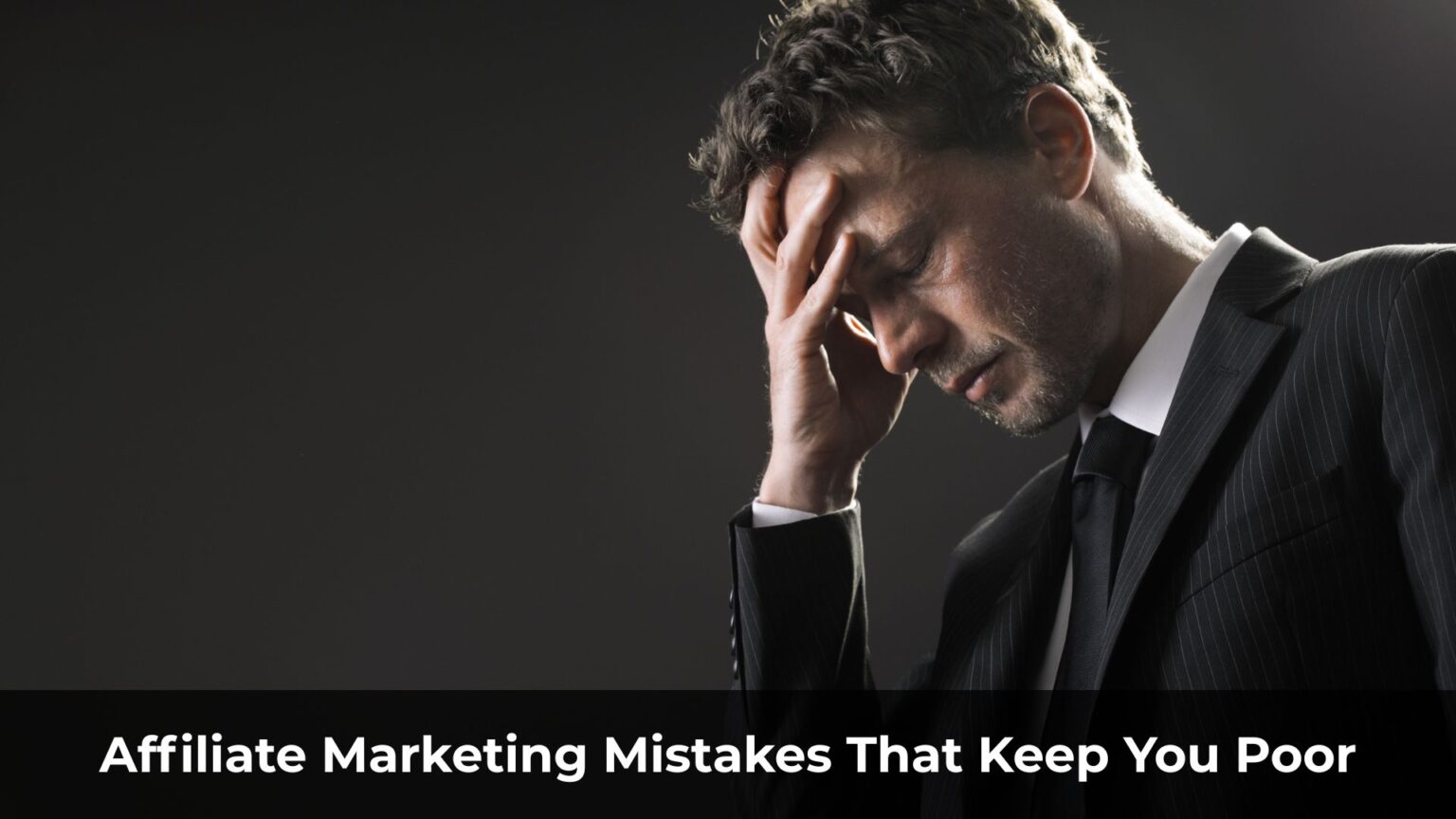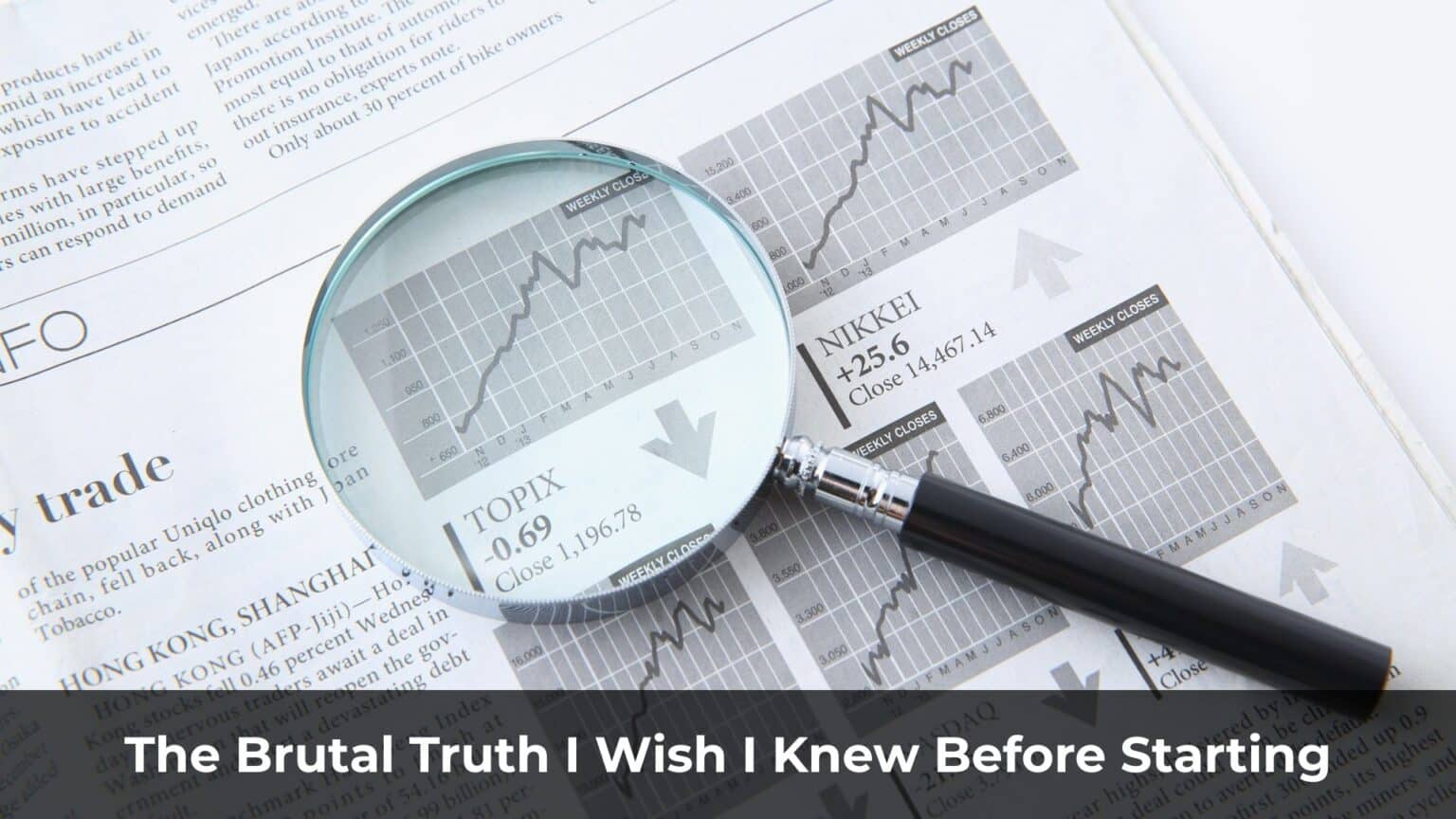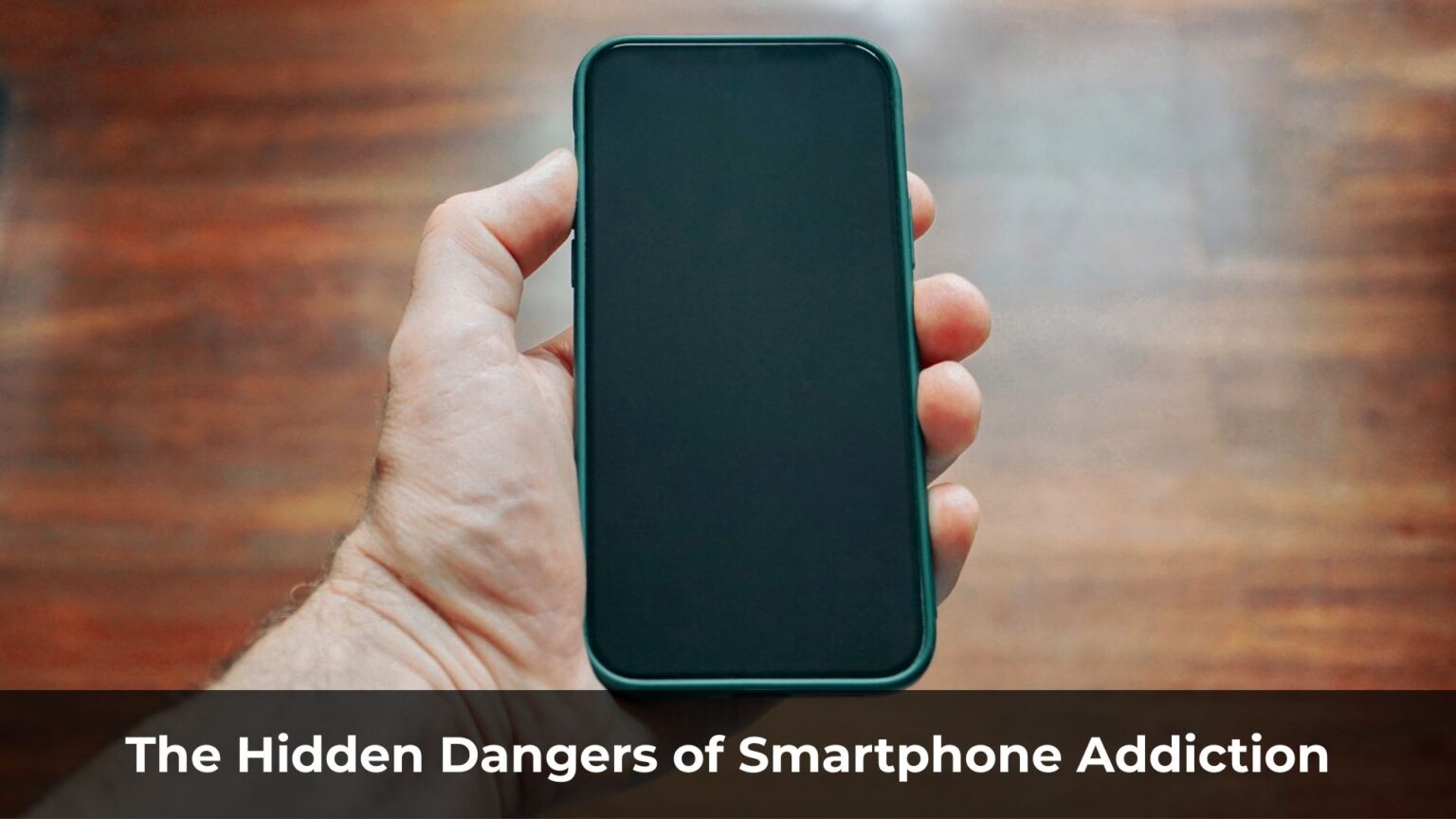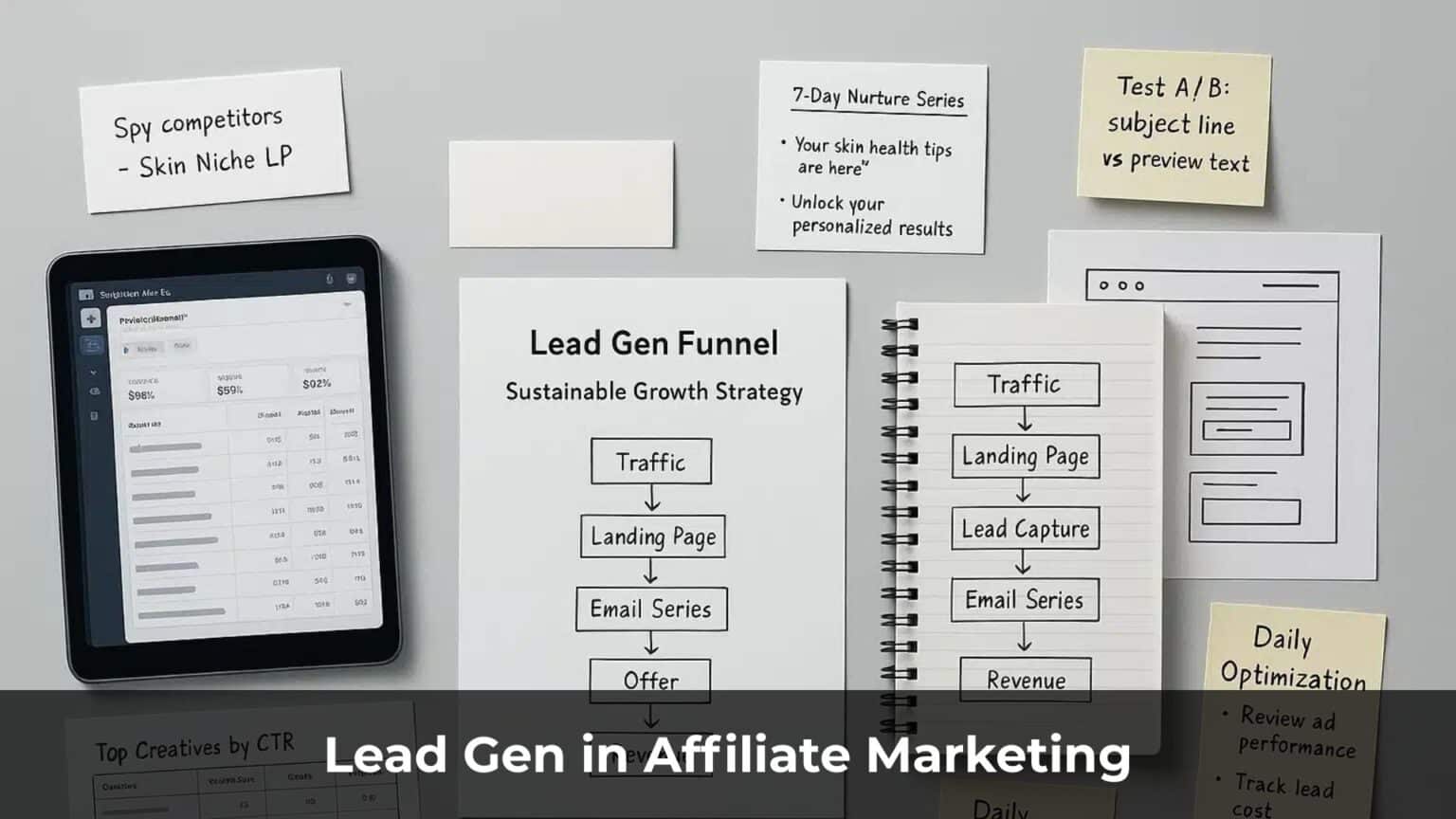Have you ever found yourself scrolling through the news, only to see another high-flying executive, a titan of industry once lauded as a visionary, now plastered across headlines as a defendant? Why do names once synonymous with staggering success and immense wealth so often become cautionary tales, whispered with a mix of disappointment and outrage?
Looking at the recurring pattern of powerful figures facing legal battles and public disgrace, you can’t help but ask: Does more money really mean more security? Does wielding immense power make someone untouchable? Is vast wealth truly the same as freedom, or is it just a gilded cage masking deep-seated fears and insecurities?
The reality, often stranger and harsher than fiction, paints a starkly different picture. We see individuals perched atop mountains of gold, yet living in constant anxiety. They command thousands, orchestrate deals worth billions, and acquire the most extravagant luxuries, yet they can’t buy a single night of peaceful sleep. They might dictate the course of entire markets, yet they remain haunted by the shadows of their own actions, constantly looking over their shoulder.
And when the inevitable collapse comes, what’s left? Often, nothing but a legacy of disappointment – for their families, for the public who once admired them, and perhaps, most profoundly, for themselves.
Table of Contents
ToggleThe Illusion of Invincibility: When Power Breeds Recklessness
Consider the archetype of the powerful magnate – let’s call him a ‘Wall Street King’ or a ‘Real Estate Baron’. Someone who built an empire, whose name commands respect (and perhaps fear) in boardrooms, who seems to operate in a different stratosphere than the rest of us. They control vast resources, influence politicians, and seem shielded by layers of lawyers and connections. It’s easy for such individuals, and for those looking on, to start believing they are truly invincible.
But behind the polished facade, a darker narrative often unfolds. This perceived invincibility can breed recklessness. Complex schemes are hatched, regulations are bent or broken, and vast sums are siphoned through shell corporations and fraudulent accounting. Think of the sophisticated financial maneuvering that allows someone to systematically drain resources – perhaps from a company they control, or even from unsuspecting investors – funneling billions into personal coffers while maintaining an image of legitimate success.
For years, whispers might circulate within niche circles. Insiders might sense something isn’t right, that the numbers don’t quite add up, that the growth seems too good to be true. But the sheer power and influence wielded by the figure at the top often silence dissent or scrutiny. Whistleblowers fear retribution; regulators might be outmaneuvered or lack the resources for a deep dive. It’s only when an unexpected market shift, a determined investigation, or an internal betrayal finally pierces the veil that the staggering scale of the deception is revealed.
The fall is often as dramatic as the rise. The ‘invincible’ titan is suddenly facing lengthy prison sentences, crippling fines, and the complete obliteration of their reputation. The empire crumbles, leaving a trail of financial ruin and broken trust. It’s a harsh reminder that no amount of wealth or influence offers true immunity from consequences, especially when ethical lines are crossed with impunity.
The Insatiable Hunger: Why Enough is Never Enough
Then there’s the perplexing case of the already wildly successful entrepreneur. Imagine someone who built a household name brand from scratch, a ‘Beverage Mogul’ or a ‘Tech Innovator’ whose products are ubiquitous. They possess generational wealth, industry accolades, and the freedom to pursue almost any venture. Logically, they have enough. More than enough.
Yet, bafflingly, they sometimes get caught engaging in relatively petty fraud, cutting corners, or resorting to illegal tactics to grasp just a little bit more. Why? Why risk a hard-earned legacy, personal freedom, and public respect for gains that, compared to their existing fortune, amount to pocket change?
This points to one of the most insidious aspects of unchecked ambition: greed often operates like an addiction. The pursuit of wealth ceases to be about security or comfort and becomes an end in itself – a game, a compulsion. The thrill of accumulation, of ‘winning,’ overrides rational thought and ethical considerations. The internal compass distinguishing right from wrong, legal from illegal, gets demagnetized.
It’s as if the sheer momentum of making money becomes unstoppable. They might start seeking ‘faster’ or ‘easier’ ways to increase their wealth, even if it means exploiting loopholes, deceiving partners, or breaking the law. They convince themselves that the rules don’t apply to them, that their success justifies the means, or that they’re too clever to get caught.
This isn’t about needing the money. It’s about an inability to define ‘enough.’ Greed whispers that there’s always more to be had, transforming individuals into slaves of their own possessions and ambitions. They believe their wealth can buy anything, including impunity. But the eventual price – years behind bars, a tarnished family name, the loss of everything they supposedly valued – proves otherwise. The hunger was insatiable, and it ultimately consumed them.
The House of Cards: Empires Built on Deceit
Finally, consider the charismatic founder, the ‘Market Maverick’ who bursts onto the scene promising disruption and dazzling returns. They build vast conglomerates, perhaps spanning real estate, tech, or aviation, often fueled by aggressive expansion and soaring stock prices. They become media darlings, symbols of bold vision and rapid success.
But sometimes, the foundations of these empires are built not on solid value, but on calculated deception. Think of scenarios where market manipulation becomes the core business model. Inflating asset values through complex internal transactions, using misleading projections to lure investors, creating a buzz around ventures with little substance – essentially, turning the stock market into a personal ATM.
For a time, it works spectacularly. Early investors see huge paper gains, the media celebrates the ‘genius,’ and the founder’s legend grows. They might point to tangible assets – gleaming skyscrapers, fleets of aircraft – as proof of their success. But insiders, analysts, or regulators might notice troubling signs: financials that seem too perfect, projects announced with fanfare but plagued by delays, a constant need for new capital injections to keep the machine running.
The problem is, empires built on hype and manipulation are inherently unstable – like a house of cards. They rely on continuous growth and investor confidence. The moment that confidence wavers, or the market undergoes a correction, or regulators finally catch up, the entire structure can collapse with breathtaking speed.
The ‘Market Maverick’ is exposed not as a visionary, but as a fraudster. Billions in shareholder value evaporate overnight. Investors who bought into the hype are left with worthless stock. The tangible assets are often encumbered by debt or revealed to be worth far less than claimed. The resulting legal battles are protracted and messy, but the outcome is usually the same: significant prison time and a legacy defined by deceit.
Lessons Learned Too Late: The True Cost of Cutting Corners
These stories, whether drawn from specific headlines or representing common archetypes, converge on a few timeless, uncomfortable truths. Living at the pinnacle of wealth and power offers no guarantee of peace or security, especially when that position is achieved or maintained through unethical means.
Greed, left unchecked, is a destructive force. It warps judgment, erodes integrity, and ultimately leads to ruin. The belief that money can buy impunity is a dangerous delusion. Laws and consequences eventually catch up, regardless of one’s status or connections.
What’s the real takeaway here? It’s not that ambition or wealth is inherently bad. It’s that the how matters just as much, if not more, than the what. Building something sustainable, whether it’s a business or a life, requires a foundation of integrity. It demands knowing the difference between ambition and avarice, between calculated risks and reckless gambling.
True freedom isn’t found in limitless wealth acquired through dubious means, but in the peace of mind that comes from ethical conduct and knowing you’ve built something of real value, honestly. The individuals who end up losing everything often forgot this simple, fundamental lesson. They chased the illusion of invincibility, succumbed to insatiable hunger, or built empires on sand, only to find themselves living in fear and ultimately facing a devastating reckoning.
Perhaps the most valuable asset isn’t the number in a bank account, but the ability to sleep soundly at night, knowing you haven’t traded your soul for success. That’s a lesson that’s never too late to learn, though for some, the realization comes only after everything has been lost.

